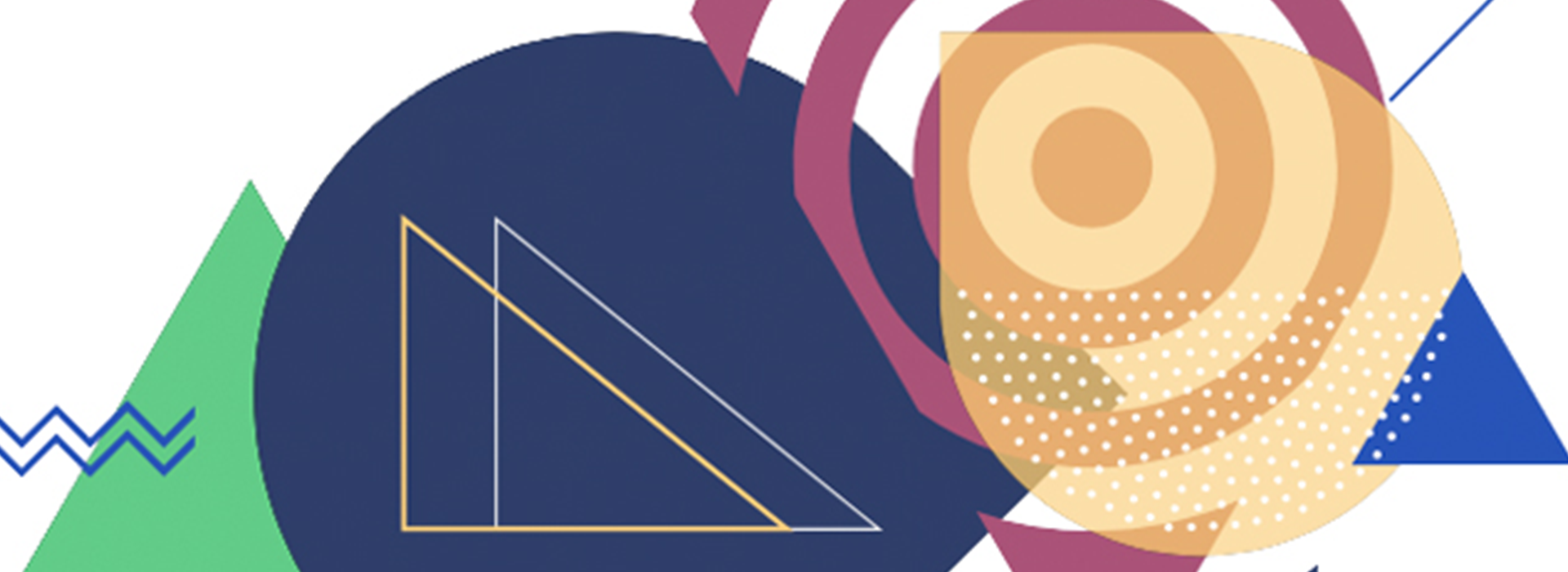By: Jon Farrow
25 Apr, 2019

Today, the Canada Council for the Arts revealed its recipients of the 2019 Killam Program, comprised of the Killam Prizes and the Killam Research Fellowships. Awarding nearly one million dollars every year, the program is one of the most prestigious to reward Canada’s researchers.
The Killam Prizes honours eminent scholars in the humanities, social sciences, natural sciences, health sciences and engineering. It is awarded to outstanding scholars who actively contribute to groundbreaking research and whose advances have positive impacts on our lives. They each receive a $100,000 prize.
Among the 2019 prize winners are:
Yoshua Bengio, the co-director of CIFAR’s Learning in Machines & Brains program, a Canada CIFAR AI Chair and professor at the Université de Montréal, is one of the world’s foremost experts in terms of artificial intelligence and is a deep learning pioneer. He is the founder and scientific director of Mila, the world’s largest deep learning university research group. In April 2019 he was co-recipient of the A.M. Turing Prize, considered the “Nobel Prize for Computing Science,” which he received jointly with CIFAR fellows Geoffrey Hinton and Yann LeCun.
Stephen W. Scherer, a fellow in CIFAR’s Genetic Networks program and professor at the University of Toronto, has revolutionized our understanding of the human genome through his research at The Hospital for Sick Children (SickKids). He founded the Database of Genomic Variants, the world’s most-used CNV database, which facilitates thousands of clinical diagnoses around the world every day.
The Killam research fellowships provide outstanding scholars across all disciplines with two years of release time from teaching and administrative duties so they can carry out large-scale, research projects of widespread interest.
Matt Dobbs, a fellow in CIFAR’s Gravity & the Extreme Universe program and professor at McGill University, was awarded a fellowship for his project titled “Unveiling the Cosmos with a New Paradigm Digital Radio Telescope.”